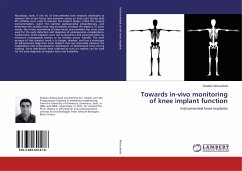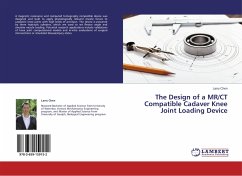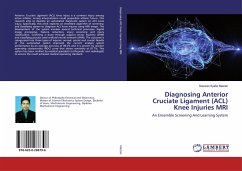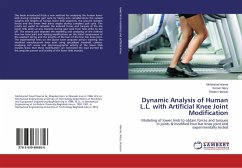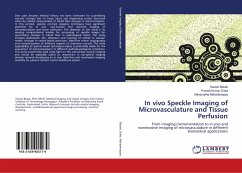Nowadays, most, if not all, of instrumented knee implants developed to measure the in-vivo forces and moments acting on knee joint during daily life activities were used to improve the implant design, refine the surgical instrumentation, select the optimal postoperative physiotherapy, and determine the activities that may excessively overload the implant. In other words, the in-vivo monitoring of knee forces and moments has never been used for the early detection and diagnosis of postoperative complications. Furthermore, these implants were not autonomous and powered either by miniature rechargeable battery or by wireless power transfer. The main purpose of this research work is to design, develop, and test a prototype of self-powered diagnostic knee implant that can accurately measure the mediolateral and anteroposterior distribution of tibiofemoral force during walking. Force distribution data collected by such an implant can be used for the early diagnosis of implant wear and instability.
Bitte wählen Sie Ihr Anliegen aus.
Rechnungen
Retourenschein anfordern
Bestellstatus
Storno

